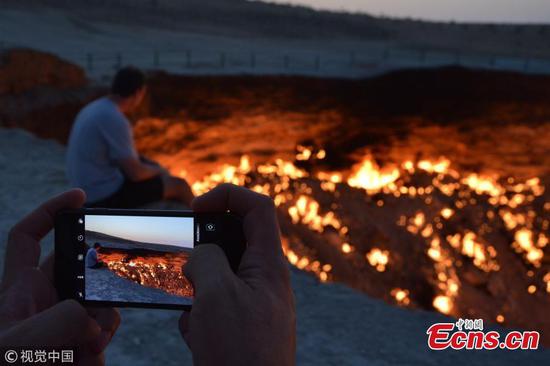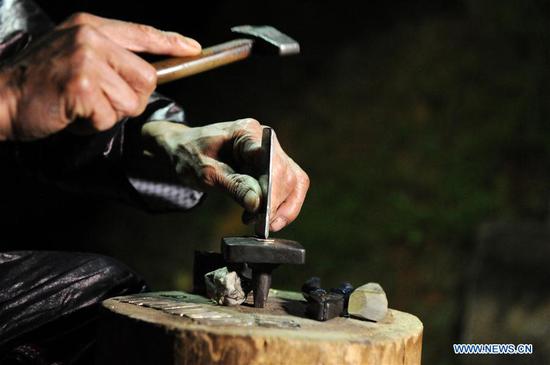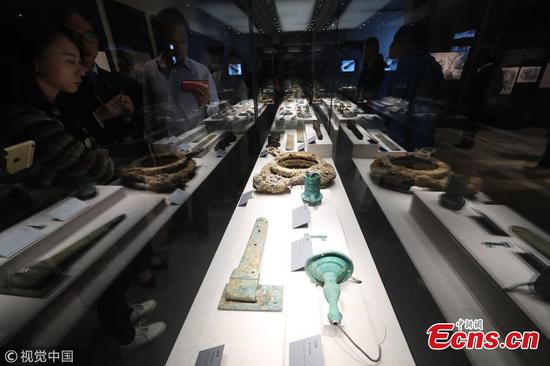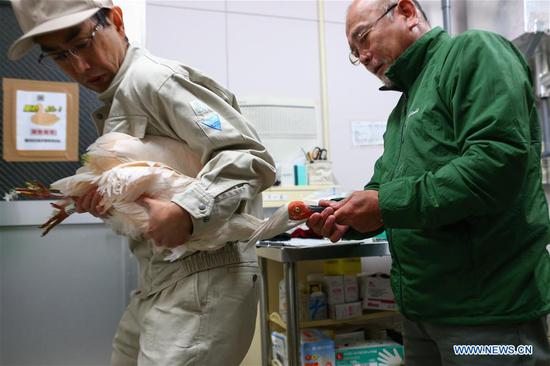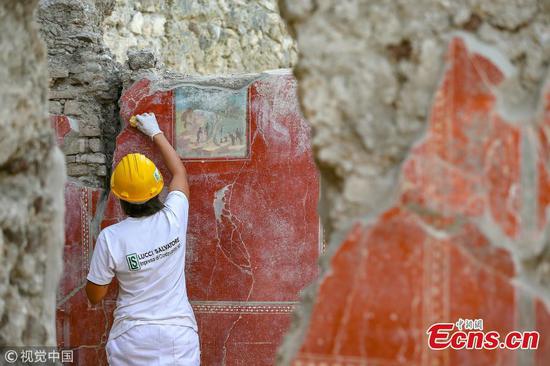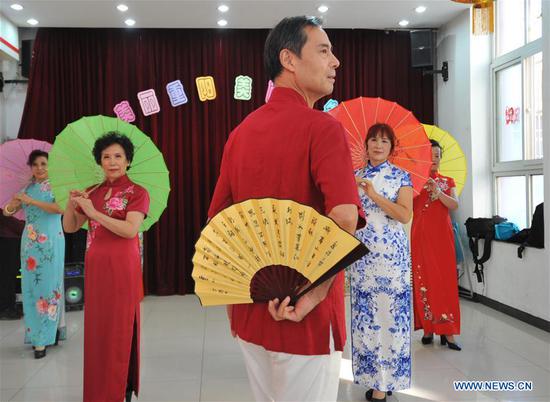Chinese netizens are thrilled to find out that a popular Chinese phrase "add oil" has entered the English lexicon and reportedly gained official recognition by the Oxford English Dictionary (OED).
The phrase "add oil" is a literal translation of the Chinese expression "jiayou," which is commonly used when people want to show encouragement, support or excitement to others.
The short phrase acts like a verbal pat on the back and was often translated to English as "cheer up," "come on" or "go for it" in different situations. But given the word's versatile usage, it has long been a difficult quest for Chinese speakers to find a single, accurate English counterpart for the common expression.
As the OED unveiled its third quarterly update in early October, Chinese professor Hugo Tseng who teaches English at Taiwan's Soochow University discovered that a direct translation of "jiayou" – "add oil" – had been added to the dictionary.?

"That's right. A hundred percent true. The 'Chinglish' expression 'add oil' has made it into the world's most authoritative Oxford English Dictionary (OED)," Professor Tseng announced on his online personal blog, providing a screenshot of the OED's explanation of the phrase as proof of his discovery.
The OED entry described the phrase as "chiefly Hong Kong English" and traced its earliest appearance in a book published in 1964.
The dictionary also decoded the etymology of the expression, which originally means injecting petrol into an engine.
"To directly translate 'jiayou' into 'add oil' used to be an informal language play that many English teachers would correct," Professor Tseng wrote. "It's beyond imagination that the canonical dictionary OED would include and officially recognize its legitimacy."
Professor Tseng's discovery, soon picked up by a number of Chinese and international media, has since gone viral among Chinese-speaking netizens who were already used to many "Chinglish" expressions including "long time no see" and "no can do."
"Another officially recognized Chinglish word. Let's add oil every day!" @KMFkaomanfen commented on Chinese social media platform Weibo.
"One more vocabulary that I can skip memorizing! Sooner or later Chinglish may take over the OED," @Adelaidedemaoqiguniang commented.













